Cowboy life on the open range was a mixture of hard work, skill, and constant exposure to unpredictable conditions. Long days under the sun, nights under wide skies, and life on the trail meant that cowboys had to rely not only on their abilities but also on beliefs passed down through generations. Many of these beliefs became superstitions that guided daily routines, decisions, and interactions with both animals and fellow cowboys. These superstitions helped create a sense of control over an uncertain environment and provided comfort in a life full of risk. They influenced everything from how cowboys dressed to how they cared for their horses, ate meals, and even handled simple tools. Some superstitions were practical in origin, while others were rooted in tradition and storytelling. Together, they shaped the culture, mindset, and behaviors that defined cowboy life in ways that are fascinating to explore.
1. Never place your hat on the bed
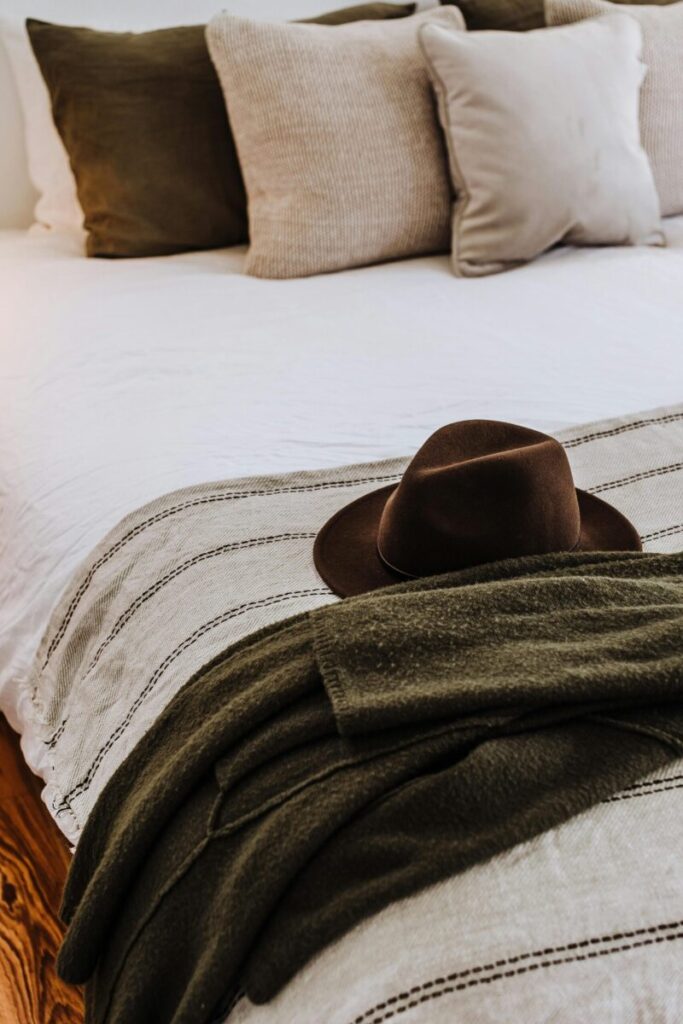
One of the most common cowboy warnings was that you must not set your hat on your bed while camping or bunking. Doing so was believed to invite bad luck, injury, or even death. Some said the hat carries the dust, sweat, and spirits of the road, and putting it on the place where you sleep disrupts your safety. Others argued it was simply practical because hats were dirty and beds were shared, but over time, the practical became mythic. Either way, any cowboy worth his salt avoided that mistake.
2. A horseshoe hung upside down catches good luck
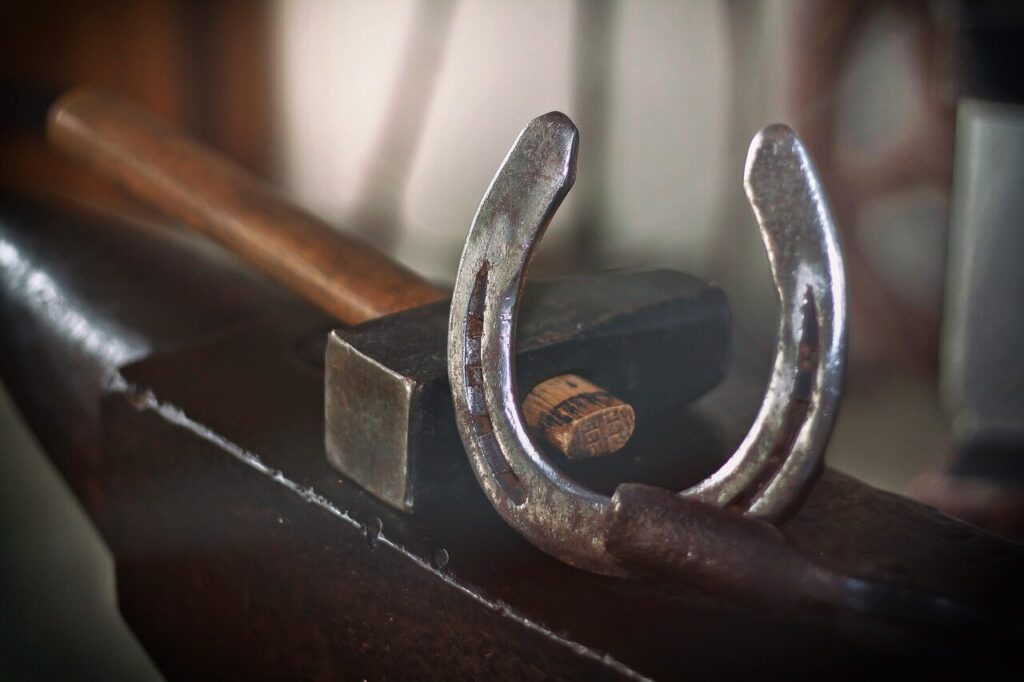
Cowboys often hung a horseshoe above the door of a ranch house or bunkhouse, believing it would trap luck if hung with the open end facing upward like a U. The metal and its shape have long been associated with protective magic, and even a small bit of luck mattered on the frontier. Some cowboys said that if you hung a horseshoe upside down, the luck would pour out, and you might as well have none. The symbol served as a silent talisman in a landscape where danger could arrive with the wind.
3. Never count your cattle until the drive is over
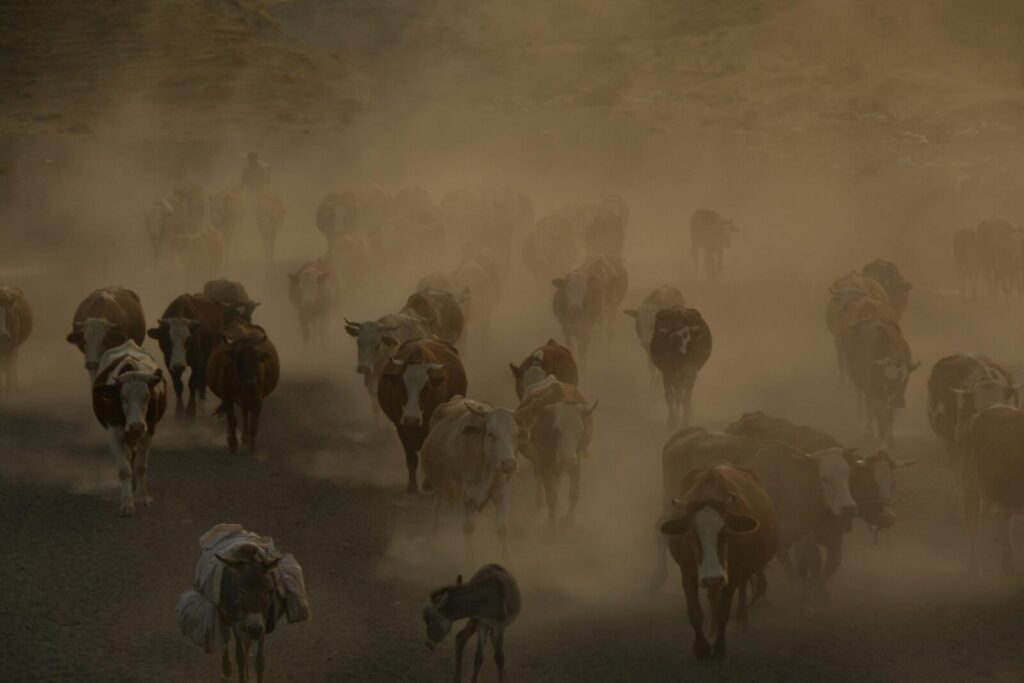
On a cattle drive, cowboys avoided counting the herd until they were safely at the pens, believing that naming your fortune too early would jinx it. Announcing exactly that we have 450 heads, was thought to challenge fate, like declaring the job done before the last mile. Some believed that doing so would invite rustlers, storms, or other mishaps that could scatter the cattle. The uncounted herd became a way of acknowledging uncertainty. There is work still to be done and luck still to be trusted.
4. Do not whistle at night on the trail
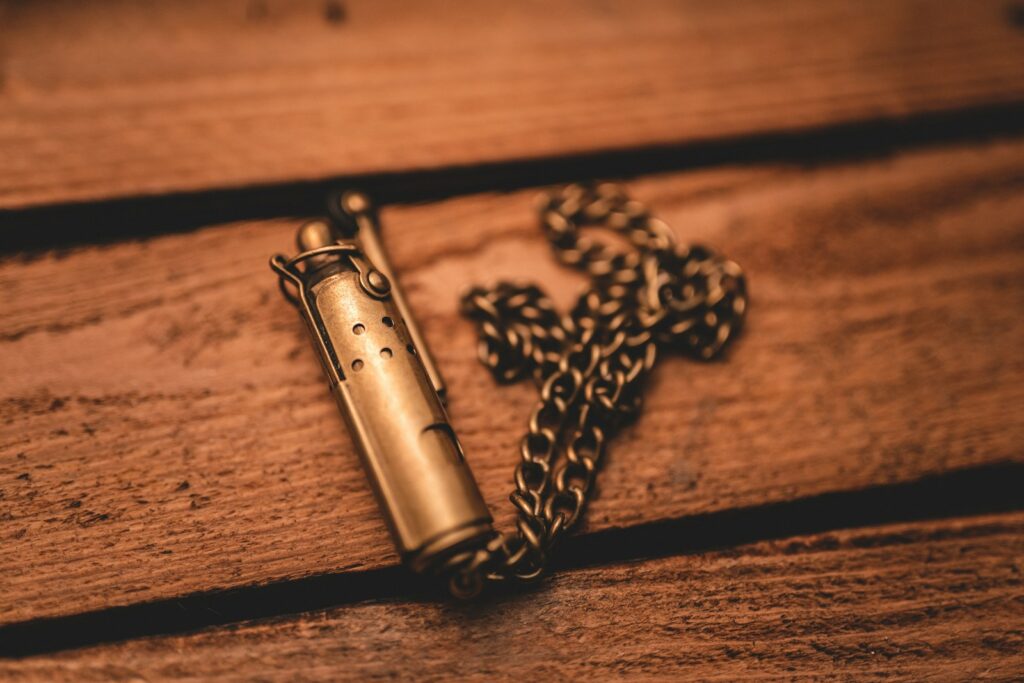
Whistling at night on the trail was a big no-no for cowboys. It was believed that a sharp whistle in the dark could stir up a storm, awaken spirits, or summon trouble. When you are miles from shelter, pitch black, and listening to nothing but the wind, you do not need extra risk. The whistle, which in daylight might mean nothing, took on ominous dimensions at night. Better to keep quiet, listen, and ride on in silence.
5. Never gift a knife without paying a penny

Cowboys believed that giving a knife as a gift without receiving a small coin in return would bring bad luck or cause the knife to turn against the giver or the receiver. The penny symbolized a token acknowledgement of the exchange and prevented the negative energy from being unleashed. Since a knife is a tool, a weapon, and a symbol of self-reliance, the superstition tied its safe transfer to ritual. A simple gesture had meaning in that world.
6. Never wear the color yellow during competition or work
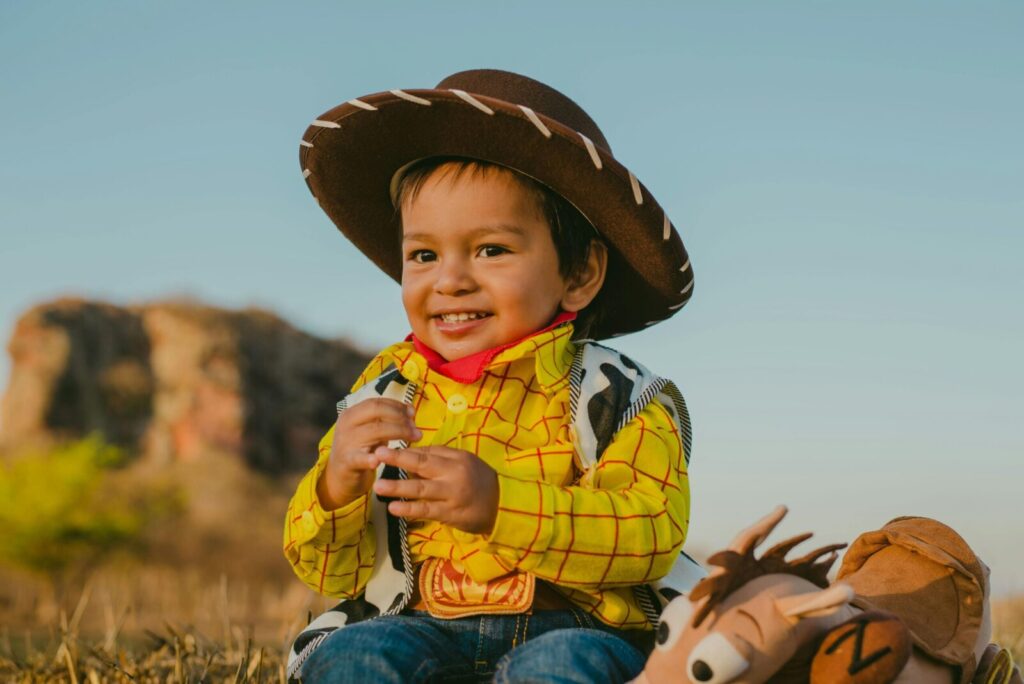
Among rodeo and ranch circles, the color yellow was often shunned for luck’s sake. Cowboys and cowgirls believed that wearing yellow brought bad luck, especially on a competition day or when doing a difficult job. Some suggested the color looked like caution or cowardice. Others thought it generated unease among horses or men. Whether it really affected performance or fate is unclear, but the belief held strong in certain circles and became part of the cowboy ritual wardrobe.
7. Stepping in manure is good luck

One of the stranger ones was that cowboys believed that stepping in horse or cow manure could bring good luck. In a world of dirt, dust, sweat, and risk, finding something unmistakably gross yet seemingly positive spoke to the mindset of frontier folk. It was a sign of being in the thick of things, of movement, and of having your boots on the ground. It may have been a bit of humor and a bit of reverse psychology, but it stuck and meant you were working and in the mix.
8. Do not clean your boots, just oil them
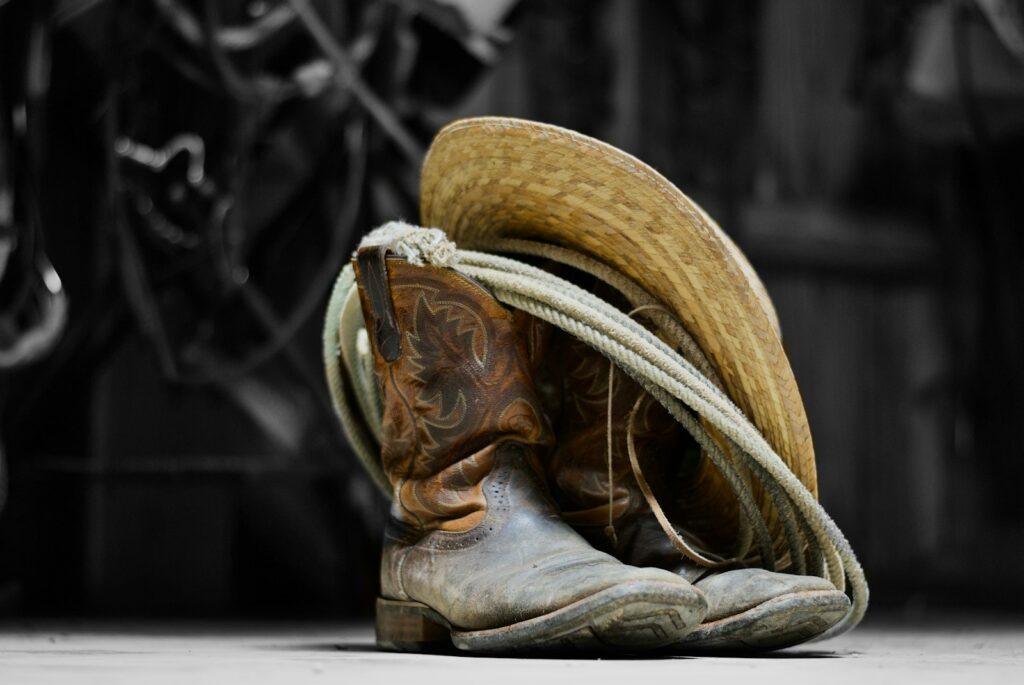
Another belief held that cleaning your boots too well would rub all your luck off. Cowboys would simply oil their boots and leave them in use, scuffed, dusted, and ready. Boots are the backbone of a cowboy’s gear. They carry you through rough ground and are part of your identity. By treating boots with care but not perfection, you maintained a link to the road, the dust, and the movement. Clean boots might mean you were not out there doing the real work.
9. Eating chicken before a ride brings bad luck
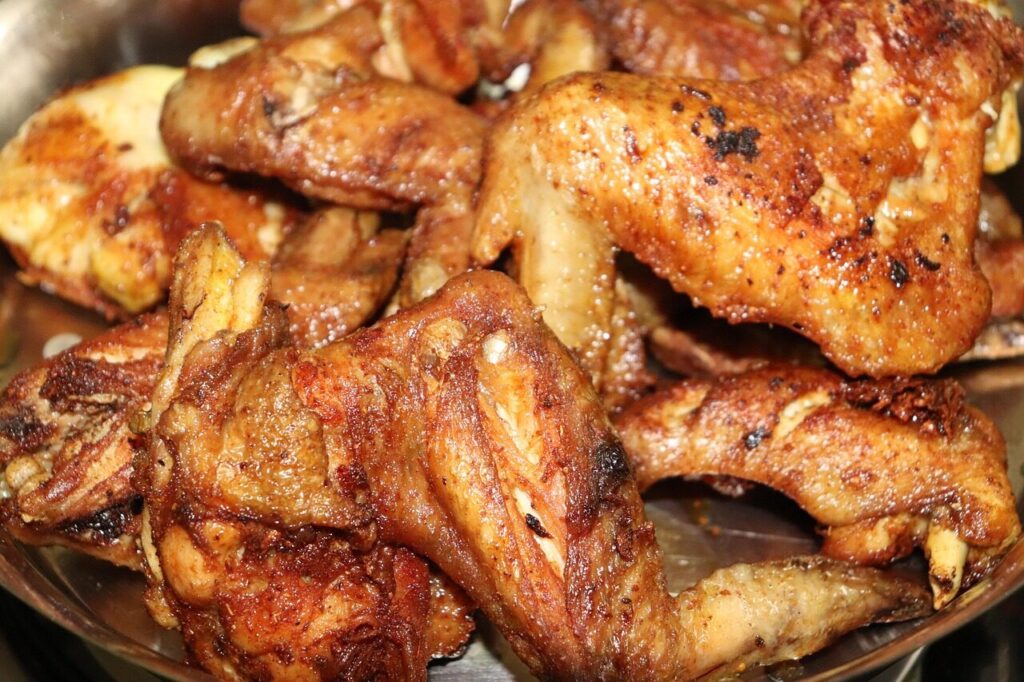
Cowboys believed that eating chicken before a long ride, a difficult job, or at the start of a drive would bring bad luck. The logic was that chickens are nervous, flighty creatures, and their energy might transfer to you or your horse. Better to stick with beef, beans, and biscuits for strength, steadiness, and certainty. Whether rational or not, the belief helped regulate diet and mindset. When you are about to mount up for sunrise and risk, every bit of comfort counts.
10. Never cross your boots when you take them off
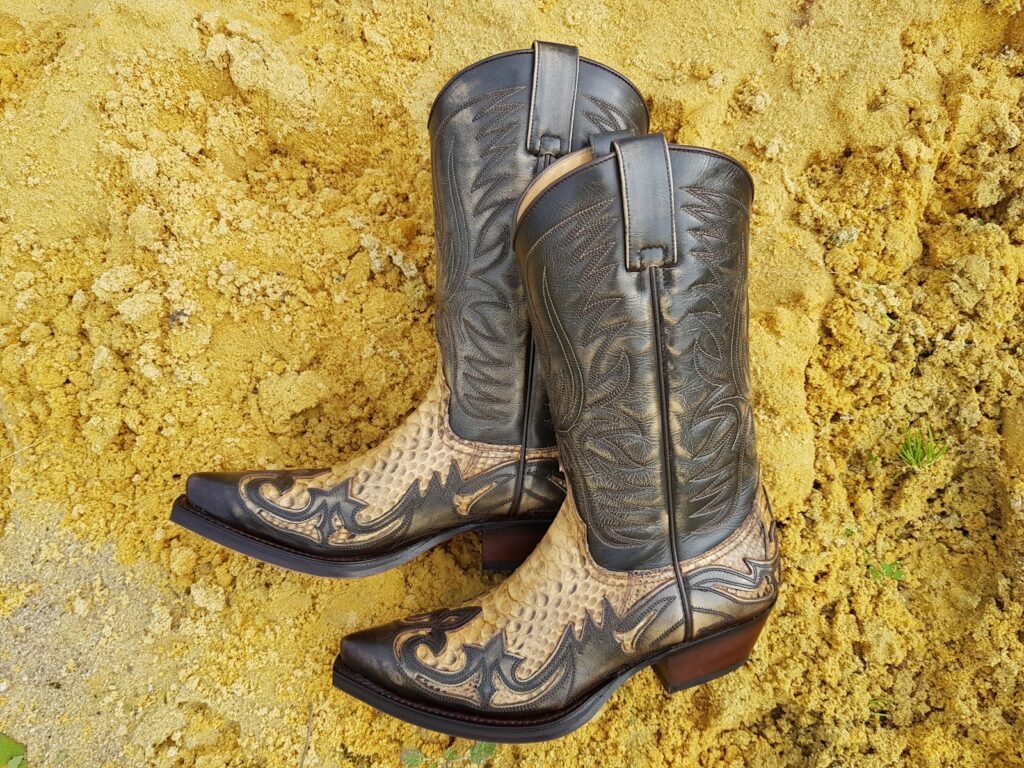
When cowboys removed their boots, they avoided crossing them left over right or right over left. To do so was believed to invite tripping, stumbling, or other misfortune. Boots symbolized the work, the ground you covered, and the movement you made. Crossing them at rest suggested imbalance or chaos in your day ahead. By setting them down carefully, you signaled respect for the tools, the land, and the timing of your rest and work.
11. If a horse steps in a wolf paw print, the horse will be crippled
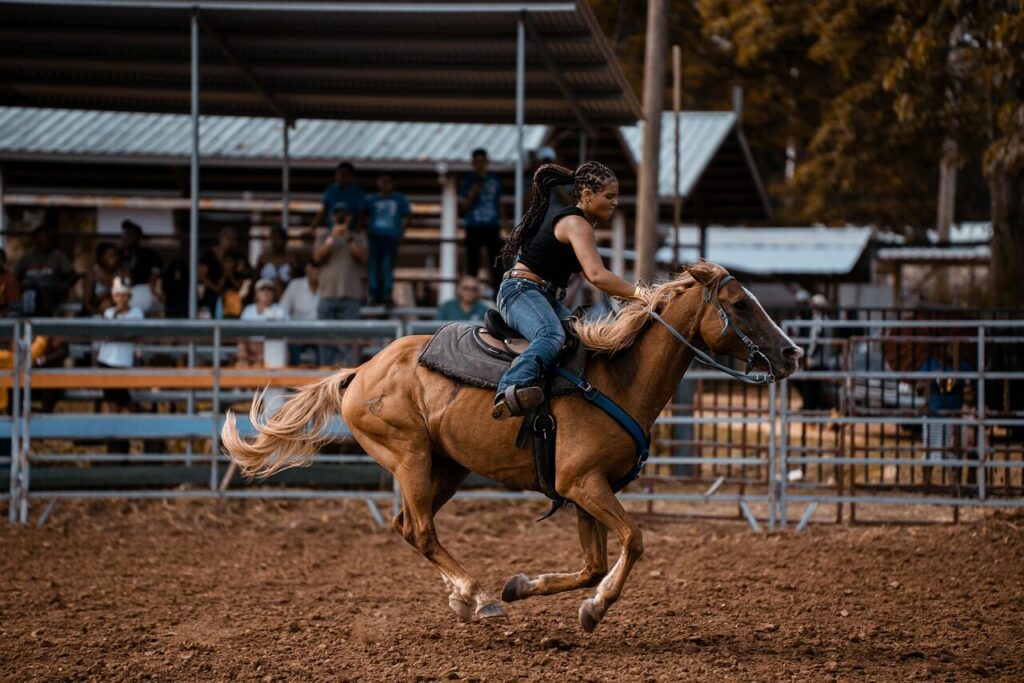
In some ranching traditions, cowboys believed that if a horse stepped into a wolf paw print on the trail or pasture, it was a sign the horse would be injured or crippled. Wolves and their paw prints symbolized danger, the wild, and the untamed side of nature. A horse walking in that mark might become vulnerable or carry the bad mark of the wild. The belief underscores how much attention the cowboys paid to subtle signs in the terrain and the movement of their animals.
12. Never accept old boots as a gift
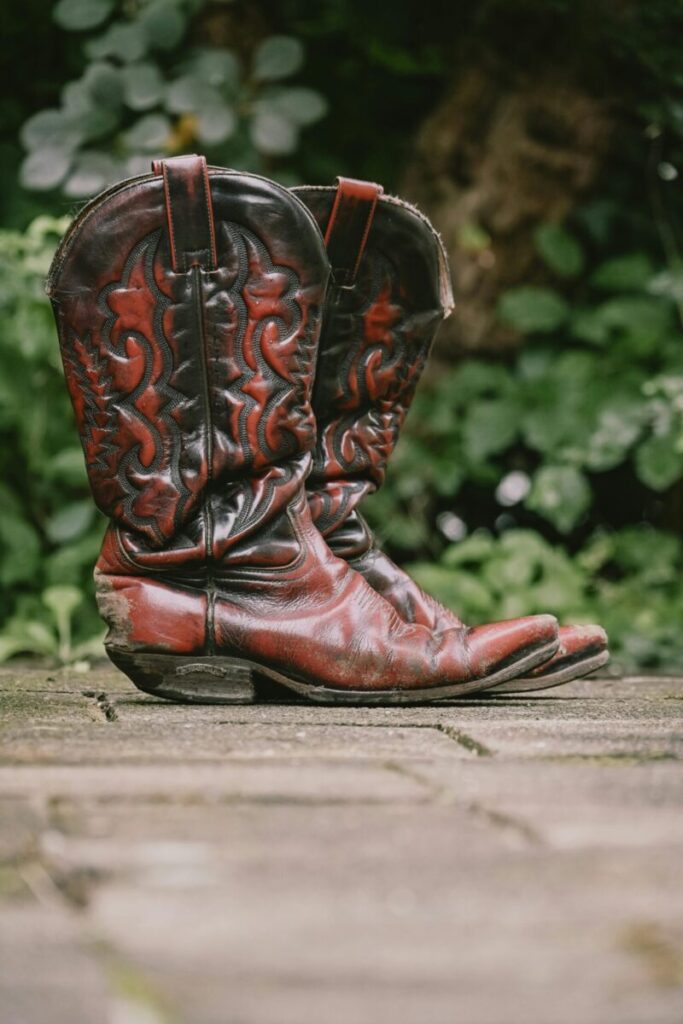
Finally, one superstition said you should never accept someone else’s used boots as a gift because you would be stepping into their troubles. Boots carry the imprint of every mile, every harsh ground, and every challenge faced. Accepting a pair from another meant you might inherit their misfortunes. For a cowboy who values his continuity of movement, gear, and self-reliance, that was more than symbolic. It was another way of guarding one’s path and preserving one’s own luck on the trail.
Comments